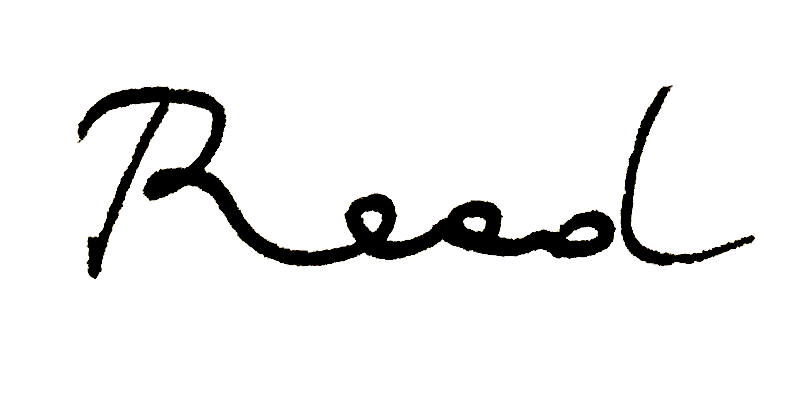In Spanish, the expression “se mira el ombligo” is a descriptor for someone who is self-obsessed. It literally translates into “navel-watcher.” A navel-watcher is so obsessed with themself that they can’t see past their own navel. Chileans’ descriptions of Rapanui people sometimes closely resemble this negative descriptor. Even Chileans who live in the island are frequently heard saying that Rapanui people tend to be self-centered, selfish, always protesting and trying to rip off the Chilean government; “Rapas” only focused on themselves.
Most Rapanui people in the island feel a real pride for being Rapanui. They refer to themselves as a cultura vivida, a “lived” culture, tangible in the way people communicate, celebrate, and mourn. Many Rapanui people have told me theirs is the best culture in the world: the wisest, the most beautiful, the most special. The way they express and value themselves is perhaps most visible during the Tapati, during which all kinds of ancestral and modern Rapanui customs, artforms, and wisdom is shared. Every year, people from all over Polynesia and the world fly to the island to witness this mega-scale show. It is supposed to be a global stage for Rapanui values.
A Rapanui concept with no translation in Spanish or English, umanga is a word that encapsulates concepts such as 'love', 'solidarity', ‘community’, and ‘power’ without really meaning any of these. It basically describes the opposite of individualism, and the inherent power in it. I guess you could say it is "the power of acting in community", but it is much more complex than that. It's something as simple as a neighbor going up the volcano to cut up wood to be able to cook, and bringing down enough for the whole block. I experience umanga with the family that I live with, especially as we prepared the 1000s of costumes, sculptures, artifacts for the Tapati. The extended family and community would come over everyday to help out, with no more incentive than hanging and helping out, sharing coffee and conversation.
Funerals in the island provide a stage for umanga, with every family in the community bringing food and decorations to throw a days-long feast celebrating the life and power of the deceased. During the funeral of Tío Marcos, Jackeline’s brother, the focus was on remembrance and unity. While there was a time for grief and tears, the point was to provide Marcos’ family and the community with the kind of energy that he was known for—ancestral, jubilant, artistic, proud. Hundreds of people brought food, flowers and pictures to adorn Marcos’ coffin and grave. Dozens more brought musical instruments and speakers, and there was music, including songs that Marcos had written, playing for the entirety of the day. People were comforting each other, feeding each other, holding each other, singing to each other, dancing with each other.
Umanga is most palpable everytime there is a curanto - a traditional Rapanui way of celebrating events, consisting of a barbeque-style banquet, in which the meat is cooked in a hole in the ground, over which plantain leaves and hot stones are laid. Sometimes island-wide curantos are thrown by a single family, and these feasts are open to everyone, literally everyone, in the island—including Rapanuis, Chileans, tourists—all of whom are fed humongous pieces of meat and potatoes and plantains and sweets completely for free. I have seen one family feed around 5000 people, and do it gracefully and gratefully. Chileans love curantos.




